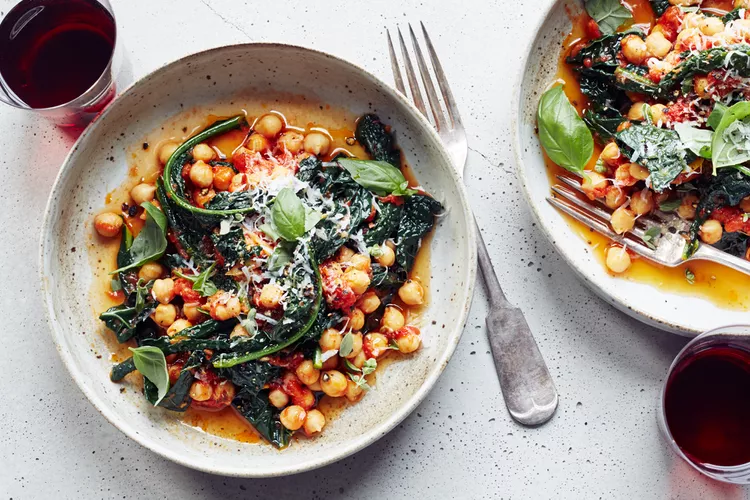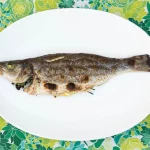Food can be…confusing. Do you need to avoid gluten at all cost? Avocados eaten as quickly as possible? Well+Good nutrition experts will set the record straight on food. They’ll cut through the hype, the hand-wringing, and give you the most complete information about what you should and shouldn’t put into your body. See All
Advertisement Banner
Chickpeas have officially replaced cauliflower as the healthiest food.
If you didn’t know, chickpeas will be the cauliflower of 2020. The legume is no longer limited to salads and hummus. It’s now used in everything from vegan ice-cream and cookie dough to pasta and chips. Even in the wellness world, just because a food is popular does not mean that it’s healthy.
Tracy Lockwood Beckerman RD, a registered dietitian, discusses the benefits of chickpeas and if you should add them to your diet. (Spoiler Alert: This is a trend she loves.)
Beckerman likes this legume because it has a low glycemic food index. She explains that “the combination of fiber and proteins helps slow carbohydrate absorption and maintain healthy levels of blood sugar.” These foods promote even blood sugar levels throughout the day (instead of spikes or crashes), which can also help to maintain energy and mood stability.
Chickpeas, which contain 11 grams of fiber per cup, have many other benefits. Beckerman claims that chickpeas, which are rich in soluble fibre (the type of fiber that helps to move cholesterol and fatty acids out of the body), are heart-healthy foods. Chickpeas are also a good food for the gut, as fiber keeps bulk moving in your digestive system and can help feed good bacteria. Hello, digestive health!
Chickpeas are more than just fiber. Learn more about chickpeas’ nutrients and get tips on cooking them. Soon you’ll be a garbanzo god.
Want more brilliant tips from Beckerman? Her ranking of the alternative milks available is below. These are the supplements that she recommends to women.


